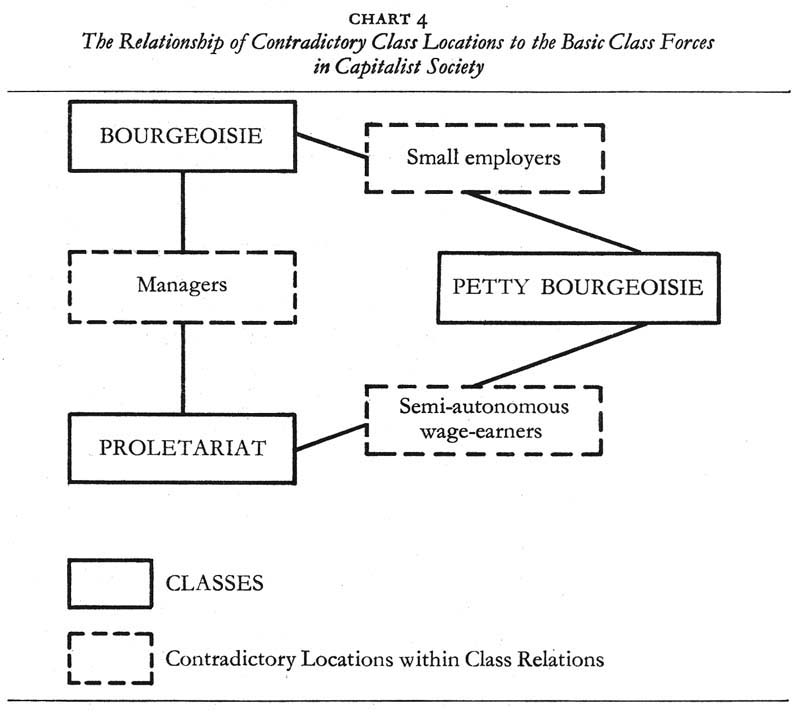It's a form of productive capital, and its ethicality depends entirely on the conditions and reasons for its use, same as any other. Renting time on a proprietary model is unethical, because that represents a modern enclosure of the cultural commons. Capital replacing skilled workers with generative slop is unethical, because it's yet another step in automating away productive workers with inferior machines.
Hobbyists and yeoman artists using non-proprietary local models to amplify their own labor is ethical, because that's just a worker using a tool to be able to accomplish more, while existing as much as possible outside of the cultural enclosure techbros are trying to make.
The question of whether training data has to be properly licensed from someone who claims the rights to do so is a red herring meant to favor huge corporations that either own massive amounts of IP (like Disney and other media companies) or which claim licensing rights over massive amounts of user-provided IP (like  , imgur, instagram, etc) and who can negotiate licensing fees out of the big tech companies like what
, imgur, instagram, etc) and who can negotiate licensing fees out of the big tech companies like what  got from google. The property angle will never come out in favor of small yeoman artists and their meager holdings any more than property rights came out in favor of yeoman farmers over huge agricorps, and thus should be disregarded.
got from google. The property angle will never come out in favor of small yeoman artists and their meager holdings any more than property rights came out in favor of yeoman farmers over huge agricorps, and thus should be disregarded.
That said, the hobbyist AI community is at least 95% irredeemable and better off in  , from the grifters, to the nazis, to the nonces, to the people whose only crime is just being too cringe.
, from the grifters, to the nazis, to the nonces, to the people whose only crime is just being too cringe.

